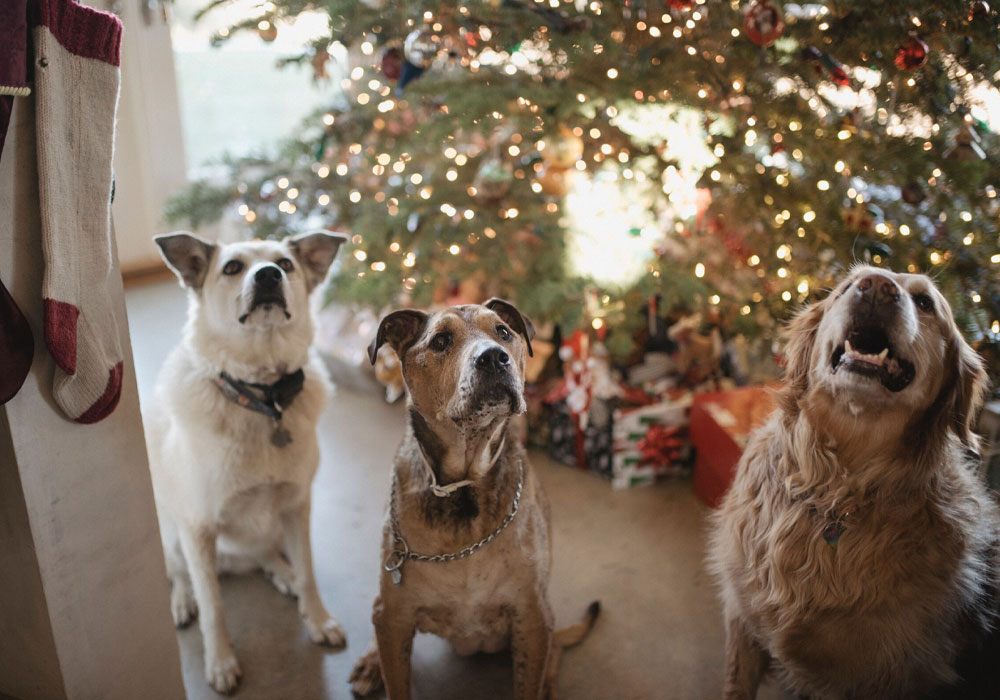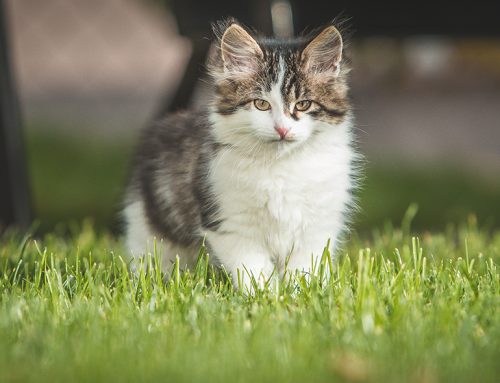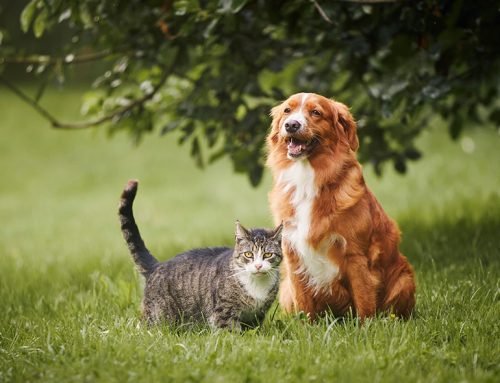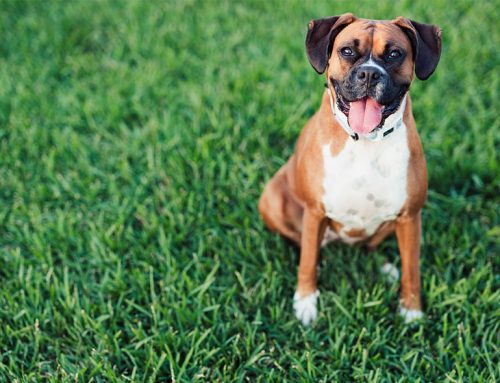The holiday season is a time of joy, family, and indulgent feasts. As we celebrate, it’s essential to ensure that our beloved pets get to be included in the celebration but are kept safe from the tempting treats that may not agree with their sensitive stomachs. Here’s a quick guide on what your pets can and can’t have during the festive season.
Treats for Your Furry Friends: What’s Safe for Sharing
While it’s crucial to be cautious about what your pets consume during the holidays, there are several pet-friendly options that you can share with them to make them feel included in the festivities. Just remember to feed in moderation. Like us, pets can have upset stomachs just from eating a lot of foods they aren’t used to.
- Turkey Delight
Turkey, when served plain and without any seasoning, is a safe and protein-rich option for pets. Ensure its thoroughly cooked and free from bones to prevent any digestive issues. - Plain Vegetables
Steamed or boiled plain vegetables like carrots and green beans can be a healthy addition to your pet’s holiday meal. These veggies provide essential vitamins and fiber without any harmful additives. - Sweet Potato Treats
Sweet potatoes are not only a human favorite but also a pet-friendly option. Serve them plain, baked, or mashed without any added sugars, spices, or toppings. Sweet potatoes are a good source of fiber and nutrients for your furry friends. - Pumpkin Goodness
Plain pumpkin, not the sugary pie filling, is a great addition to your pet’s diet. It can aid in digestion and provide a tasty, low-calorie treat. Just make sure it’s free from added sugars and spices. - Cooked Eggs
Eggs are a good source of protein for pets. Cooked eggs without any seasoning can be a nutritious addition to their holiday meal. However, avoid adding any salt, pepper, or other seasonings. - Plain Rice or Pasta
Plain cooked rice or pasta, without any sauces or seasonings, can be a bland yet safe option for pets with sensitive stomachs. It can be a good alternative if you’re looking to give your pet a little something extra without the risk of upsetting their digestive system. - Dog-friendly Treats
If you prefer to stick to specially formulated pet treats, there are plenty of holiday-themed options available. Look for treats made with safe ingredients, and remember to check with your vet if you have concerns about specific brands or ingredients.
Remember: Moderation is Key!
Holiday Hazards: Foods Your Pets Should Steer Clear Of
While we want our pets to share in the holiday joy, there are certain foods that can be harmful, or even toxic, to them. Be vigilant and make sure to keep these items out of their reach.
- Chocolate Danger
Chocolate is a well-known hazard for pets, as it contains theobromine, which can be toxic, especially for dogs. Dark chocolate has higher levels of theobromine than milk chocolate, so it’s best to avoid both. - Onions and Garlic Woes
Onions and garlic, whether raw, cooked, or powdered, can cause damage to your pet’s red blood cells and lead to anemia. Keep dishes seasoned with these ingredients away from your furry friends. - Grapes and Raisin Risks
Grapes and raisins can be extremely toxic to dogs and, in some cases, cats. Even small amounts can lead to kidney failure. Ensure that dishes and snacks containing these fruits are kept far away from your pets. - Nut No-Nos
Certain nuts, such as macadamia nuts, can be harmful to pets. They can cause weakness, tremors, vomiting, and hyperthermia. Avoid sharing mixed nuts or nut-heavy dishes with your furry friends. - Fatty Foods Fiasco
While a bit of lean turkey is generally safe, excessive fatty foods, gravies, and rich dishes can lead to pancreatitis in pets. This painful inflammation of the pancreas can be triggered by the ingestion of high-fat foods. - Bones Beware
While it’s a common image to see a dog happily gnawing on a bone, holiday turkey or chicken bones can pose serious risks. They can splinter and cause choking or damage to the digestive tract. - Sugary Treats
Sweets and desserts, especially those sweetened with xylitol, can be dangerous for pets. Xylitol is a sugar substitute found in many sugar-free products and can cause a rapid release of insulin, leading to hypoglycemia (low blood sugar). - Alcohol Abstention
Keep all alcoholic beverages out of reach of your pets. Alcohol can cause intoxication, depression, and in severe cases, respiratory failure. Even small amounts can be harmful.
If you’re ever uncertain about whether a particular food is safe for your pet, it’s best to consult with your veterinarian. They can provide personalized advice based on your pet’s health, dietary needs, and any pre-existing conditions.
By being aware of these potential hazards and taking proactive steps to protect your pets, you can ensure a happy and healthy holiday season for everyone in your family, furry friends included.







Leave A Comment